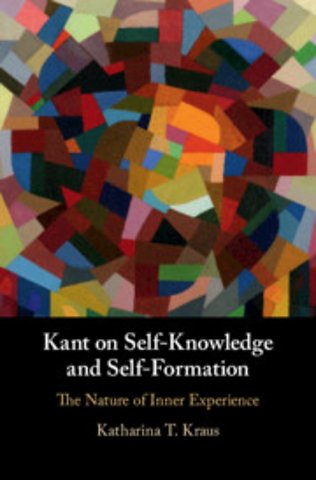Kant on Self-Knowledge and Self-Formation
The Nature of Inner Experience
Gebonden Engels 2020 9781108836647Samenvatting
As the pre-eminent Enlightenment philosopher, Kant famously calls on all humans to make up their own minds, independently from the constraints imposed on them by others. Kant's focus, however, is on universal human reason, and he tells us little about what makes us individual persons. In this book, Katharina T. Kraus explores Kant's distinctive account of psychological personhood by unfolding how, according to Kant, we come to know ourselves as such persons. Drawing on Kant's Critical works and on his Lectures and Reflections, Kraus develops the first textually comprehensive and systematically coherent account of our capacity for what Kant calls 'inner experience'. The novel view of self-knowledge and self-formation in Kant that she offers addresses present-day issues in philosophy of mind and will be relevant for contemporary philosophical debates. It will be of interest to scholars of the history of philosophy, as well as of philosophy of mind and psychology.
Specificaties
Lezersrecensies
Inhoudsopgave
Rubrieken
- advisering
- algemeen management
- coaching en trainen
- communicatie en media
- economie
- financieel management
- inkoop en logistiek
- internet en social media
- it-management / ict
- juridisch
- leiderschap
- marketing
- mens en maatschappij
- non-profit
- ondernemen
- organisatiekunde
- personal finance
- personeelsmanagement
- persoonlijke effectiviteit
- projectmanagement
- psychologie
- reclame en verkoop
- strategisch management
- verandermanagement
- werk en loopbaan
